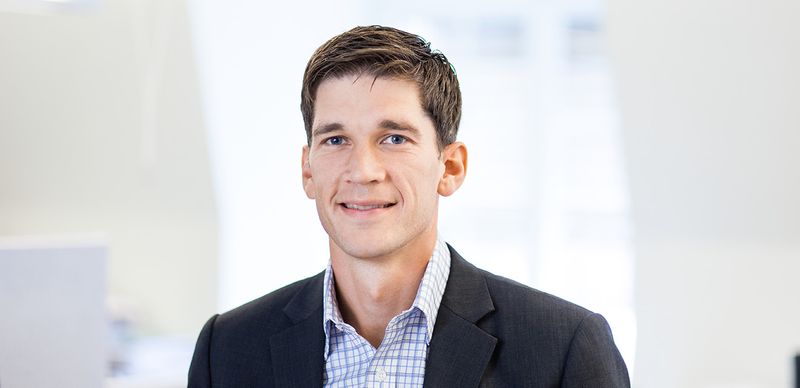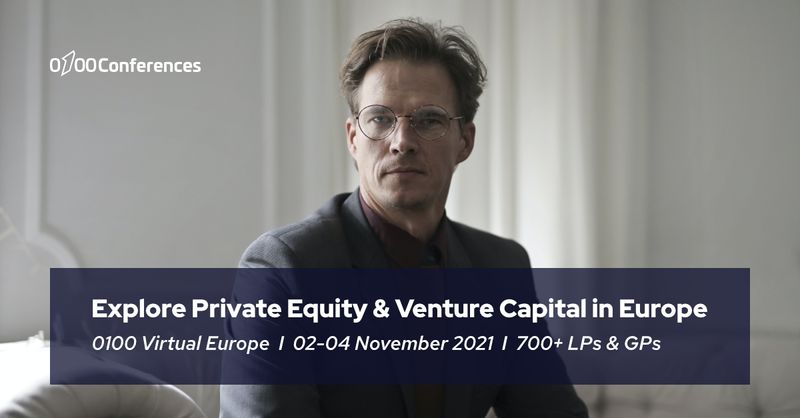We asked Staffan Mörndal from Verdane about secondary direct transactions and the current investment environment. Here are his insights:
Do you see any difference in what Secondary Direct Portfolio transactions get done today versus pre-Covid?
Surprisingly we don’t really see that. As you know, the availability of capital has continued to be high for a long time. We expected not the least Corporate VCs to pull back on their VC investments and divest their portfolio in some cases. Very few ended up there although quite a few enterprises discussed this internally. Most companies weren’t forced to pull back to the real core business despite a serious worry at the beginning of the Covid period.

What are the main drivers to make a Secondary Direct transaction in the current investment climate? Do you expect that to change in the years to come?
There is always some driver behind the width to do a portfolio transaction and there are almost always several different solutions. The reason can be partial exits to de-risk a fund, change of strategy, divesting companies that need follow-on capital that is not available or other reasons. To reach a deal, one has to pay the market price, but then our experience is that flexibility and trust are what gets a deal across the line just like it was before Covid.
We expect some of the drivers to be stronger if/when the financial markets dry up a bit and or the economic cycle becomes less bullish. Historically one significant driver for a portfolio transaction was often to return money from one fund to be able to raise another. This reason has been significantly more unusual in the current markets.
You invest in both Portfolios and Single companies. What are the main differences when you try to reach a transaction in these two types of processes?
Portfolio transactions are more complex than single investments as there are many more stakeholders involved. Often the deal can be relatively easily agreed upon as we discuss with only one GP and can be creative together, but then there are more complexities before closing with other shareholders and such needing to be handled. That expertise in itself is the main reason for many to choose us when selling a portfolio. For direct investments, the main stakeholder is often a founder and they can have different hang-ups wherefore we try to be pragmatic and flexible rather than risk losing a deal.
Once a deal has been signed, we work the same way with all investments. It’s the same cluster focused teams (for example Digital Vertical Brands to mention one) working with the help of our 20 people strong team of full-time operators within different niche expertise areas.
How the current investment environment relates to past periods?
There is a long-term trend of more and more Technology-enabled growth investments available. Historically many of the tech investments were too small for a growth fund, but we see a long-term growth trend in investment opportunities. This has been helped by Verdane entering new countries, for example building up a team with 15 people in Germany over the last couple of years.
Another trend is that the market has matured. Entrepreneurs have more experience and make their own DD on investors in a more structured way while we GPs need to add more value than simply capital to remain competitive. For Verdane this means treating people fairly and being mindful of our reputation. We have also built a team, that we call Elevate, of 20 full-time operational experts that help our portfolio companies and also helps us with DD. This helps us with the speed and quality of DDs as well as bridging from DD into a 100-day plan and getting things done. Speed is another trend worth mentioning. Everything simply goes faster now than it did a few years ago.
Have investors shifted focus to specific industries post-Covid?
Some industries have been no-goes, such as travel, while others have been quite frothy, such as e-commerce or video-conferencing technology. This said, most investors are rational and change their investment focus as soon as the market conditions make a certain investment strategy more or less interesting. Now interest is definitely back in travel. We live in a dynamic world with a lot of smart people. From Verdane’s side, we think that one of the most important things you can do is to build a values-based company with the ability to act fast and change as the environment changes. Speed is something most investors push for in our portfolio companies, but some could do better in their organizations.
About Staffan:

Staffan Mörndal is a Partner at Verdane, a Northern European specialist growth investor backing fast-growing, tech-enabled companies supported by the Digital Consumer, Software Everywhere and Sustainable Society megatrends. Originally an entrepreneur, Staffan joined Verdane in 2006 where he has helped build digital consumer companies like Boozt, MatHem and momox into some of Northern Europe’s most successful growth companies, with revenues reaching into the hundreds of millions of euros. At Verdane, Staffan focuses on the digital consumer and software sectors. He has played a key role in setting up and running its 14-strong Berlin-based team of investment professionals and operational experts that support nine Germany-based portfolio companies including momox, asgoodasnew, Hornetsecurity, Searchmetrics and Smava. Verdane is currently investing EUR10-100m+ equity tickets from its EUR540m Edda II and SEK6bn Verdane Capital X funds. Staffan holds an MBA from the University of Linköping, has studied computer programming at the Linköping Institute of Technology, business at the Université Panthéon-Sorbonne centre PMF and has completed the Program for Leadership Development at Harvard Business School located in the United States.

Looking for more insights?
Join Staffan at our upcoming PE and VC conference 0100 Virtual Europe (02-04 of November 2021) and discuss the topic with more than 700 LPs and GPs from all over the globe.
LPs and GPs can claim complimentary tickets HERE!
If you are not LP/GP, feel free to buy your ticket before the price increases.



